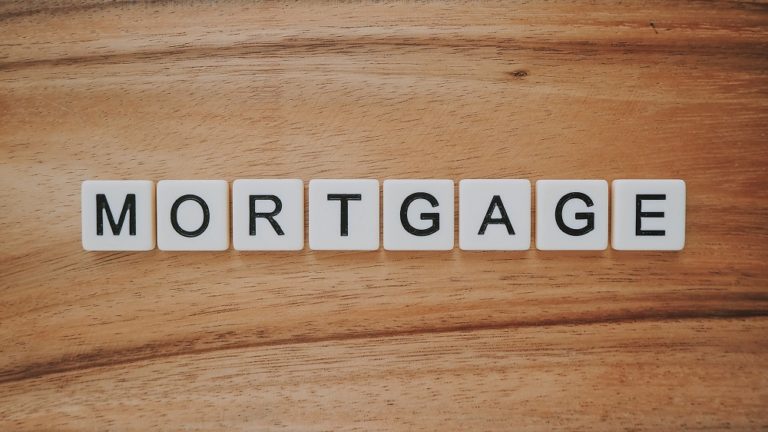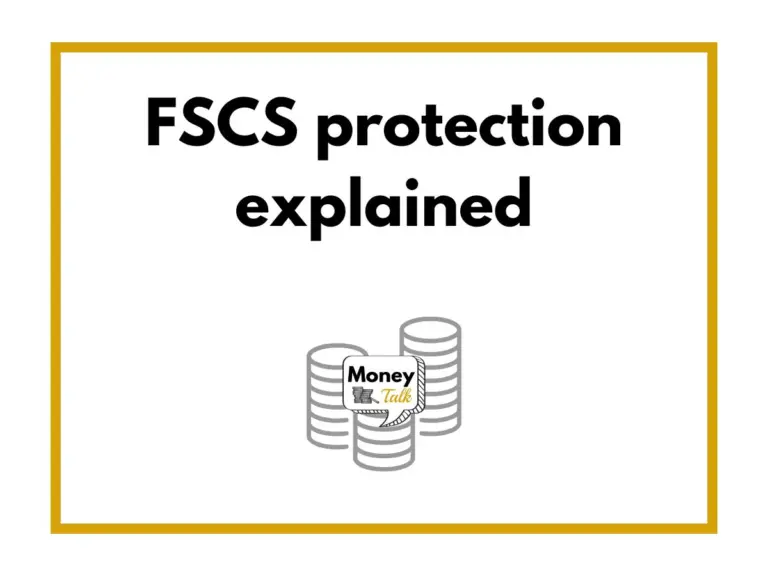How to get a good mortgage deal
Money Talk is intended to inform and educate; it's not financial advice. Affiliate links, including from Amazon, are used to help fund the site. If you make a purchase via a link marked with an *, Money Talk might receive a commission at no cost to you. Find out more here.
Interest rates have been rising steeply since 2022.
And since August 2023, the Bank of England has held the Bank Rate at 5.25% – only dropping it slightly to 5% at the end of July 2024.
While high interest rates might be great news for savers, for those trying to get a mortgage – whether that’s a new one or a renewal – things are proving tricky.
So I got some experts from the mortgage industry to weigh in with their tips on how to get a good mortgage deal given the high interest rates.
Speak to a mortgage broker
Sarah Thompson, managing director at Mortgage Scout, suggests: “If you have six months remaining or less on your current mortgage deal, speak to a mortgage broker. They will give an insight into what rates are doing.”
As a mortgage broker, Thompson obviously has a vested interest in pointing you in that direction but she makes a good point.
A good mortgage broker can see deals that aren’t available publicly and they can help facilitate the application.
The key though is to go to a whole of market broker – basically someone who will show you all of the deals, even if they can’t set it up for you.
Doing it this way means you can find the best deals rather than just the deals the broker will make a commission on.
You’ll also be able to see deals that are only available through a broker and not directly with the lender.
Six months before renewal is also a good time because you usually have a six month grace period for leaving your mortgage early.
Do double check though as this can differ depending on your deal.
It may also take that long to get your new mortgage set up, and you don’t want to have to pay the standard variable rate for that whole time.
But don’t forget your current lender
“Mortgages available directly through the lender continue to top the best buy tables, so it is worth contacting your bank first to see what they can offer you”, according to Defaqto’s Katie Brain.
It helps, too, that they already know your financial situation – and whether you’ve been keeping up with your mortgage repayments – so they may be more amenable to offering you a better deal.
Even then it’s worth doing a quick comparison to see what’s available out there because, well, you just never know.
Improve your credit score
“A good credit score can lead to lower mortgage rates,” says Armand van Asweden, editor at Invest Fox.
He’s not wrong there – the lower the risk associated with lending to you, the better the deal lenders are likely to offer.
While building up a great credit score can take months or years to achieve, there are some easy steps to take, including having a couple of bills in your name or switching on Experian Boost.
Also look out for any glaring red flags that might put off a lender.
Lower your LTV
If you’ve ever looked at mortgages you’ll have seen mentions of loan-to-value (LTV) ratios of 95%, 90%, 80%, 70%, 60% etc.
If you have a low LTV, your lender will be more likely to give you a lower mortgage interest rate.
However, these are often matched to a particular LTV band.
So say you have an LTV of 71%, rather than being offered a deal that matches that, you’re more likely to be offered a deal that’s based on an LTV of 80%.
If you can club together a bit of extra cash to drop that LTV to 70%, then you’re pretty much guaranteed a better deal.
Overpay your mortgage if you can
In the longer term, it’s also worth overpaying your mortgage according to van Asweden.
“While everything is going well, pay all you can. It might be a bit late for some, but this strategy is something that can be a massive salvation if and when interest rate spikes occur.”
This is of course more about reducing your interest repayments in the longer run.
I would add that you should double check whether there’s a limit on how much you can overpay each year without paying a penalty – it’s usually 10% of your outstanding balance.
In the past I also wrote about whether you should invest or overpay your mortgage, and created a nifty spreadsheet to help you crunch the basic numbers.
Suffice to say the tables have really turned since then.
This post was originally published in October 2022. It was updated in August 2024.
Pin this for later








